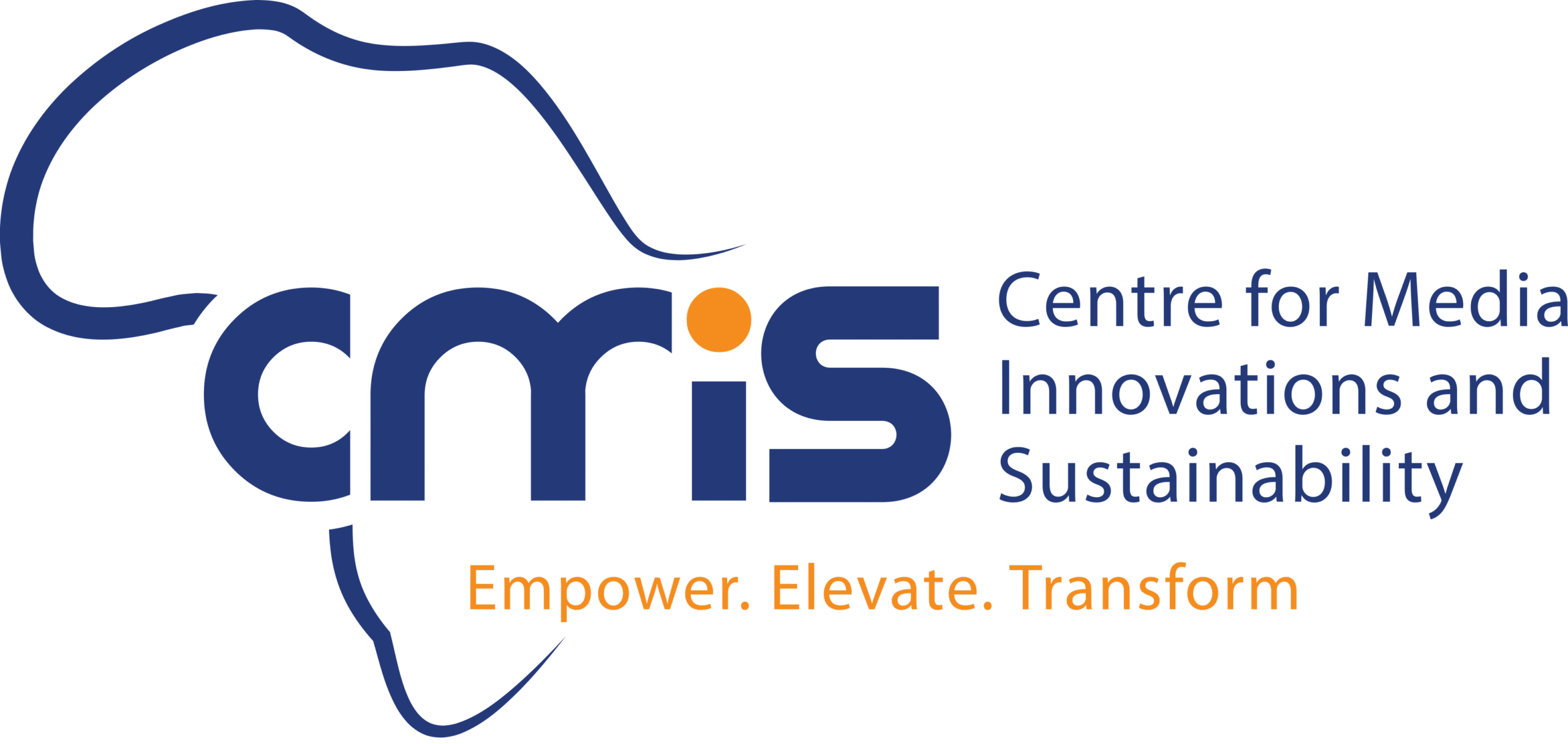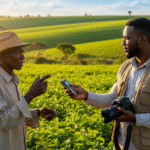
How To Navigate The Changing Media Landscape
We live in the age of disruption. Yesterday’s approaches are not sufficient to sustain you through today. Tech has been the lead disruptor.
A social media post can make or break a company. While traditional media like radio and television remain influential, particularly in rural areas, the rise of the internet and mobile devices is reshaping how Africans access, consume, and create news and information.
It is no longer the preserve of a few people to make news, now, everyone can. With increased accessibility, rise of citizen and independent journalism and the new revenue models, the business of newsmaking cannot remain the same.
In Uganda and Africa in particular, the rise of GEN Z has greatly affected the way news is consumed. Internet penetration has increased over the years giving rise to people’s views as well.
The nature of doing business has changed as business must have a digital footprint. From checking out business presence to making payments online, it has growingly become unavoidable that the internet has become the epicentre of doing business across the world.
In countries where there has been internet shut down either deliberately by powers that be or by other circumstances, it has badly affected business.
In situations where politics has interfered with business, countless losses have been registered and in some spaces like Kenya sparking off the June 2024 riots.
The internet can no longer be ignored as the new arena for media to thrive. Social media platforms like twitter, facebook, linkedin and whatsapp have become major sources of information. Every second matters. Every minute, a story emerges.
Business leaders have had to adapt to the way they lead. CEOs have had to come out from their c-suite offices to jump on trending tik tok challenges to engage with their young audiences.
“Without photographic evidence, it didn’t happen,” is a common disclaimer on internet streets. This shows how photogenic the new arena is. There should be evidence. Photography has come to the centre of how business is done.
Every journalist and every media player is required to have photography and videography skills because sooner than later, they will be called upon to put them to use.
News consumption is equally timely. Whereas in the past, there was room to wait for the following day to run that story or clarify on something crucial, that line has become blurry.
You have to act first and very fast lest you get lost in an avalanche of media attacks.
The opportunity lies in being astute and on top of the game. This calls for being able to navigate the traditional media and reconcile it with the new media.
Radio still remains king especially for the news in detail while social media is the place for breaking news and fact checking.
Television and print media also retain a significant, albeit challenged, presence. Many traditional outlets have been forced to adapt by creating online platforms and integrating social media into their operations to remain relevant For business reporters, this calls for agility in reporting and fact checking.
As the digital divide narrows, the players in the business space have to work twice as hard to stay on top of the game in regards to disputing disinformation and misinformation and ensuring that press freedom is upheld.
With this changing media landscape also comes a number of opportunities. It calls for innovation especially when it comes to content creation and dissemination.
The public wants catchy information delivered to them on the go. The rise of reels has forced media practitioners to quickly adapt to summarising their stories in less than a minute. Precise and concise to the point.
More than before, accountability is highly valued. Unlike before where reporters were the sole sources of truth, a background check on the authenticity of a story now takes a few minutes. This speaks a lot to the way stories are told and reported.
Above all that, the need to train the next generation of journalists and media practitioners has never been more called up than now.
CMIS Africa is carrying this mantle to make sure that more polished reporters gain ground. Whereas trends change, the hunger for good reporting does not.
We are committed to navigating the complexities of the digital landscape with a dedicated focus on digital skills, data journalism and media ethics.
Media practitioners need to know that they are no longer affected by borders. The internet has made stories globally accessible which puts a duty on all news makers to rise to the occasion of accurate reporting and storytelling.
As CMIS Africa, we are committed to revolutionizing the way stories are told. The ongoing digital revolution is fundamentally altering how people consume news, empowering new voices, and presenting traditional media with an urgent need to adapt.
While significant challenges remain, the shift also offers unprecedented opportunities for a more vibrant, diverse, and accountable media ecosystem across the continent. A journey we are set to kick start.
![]()







